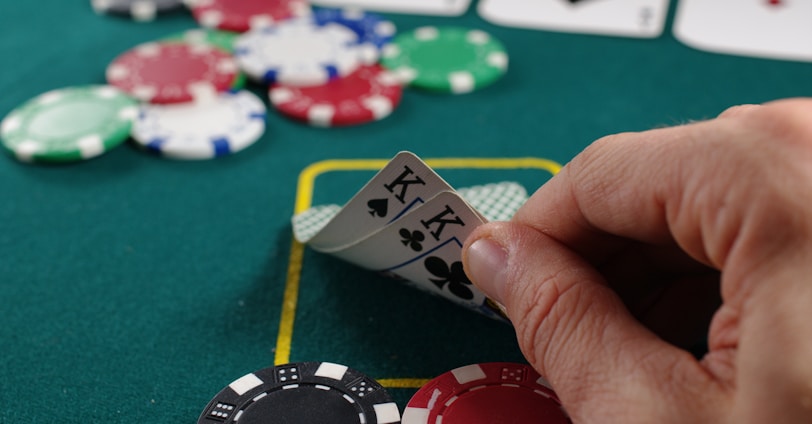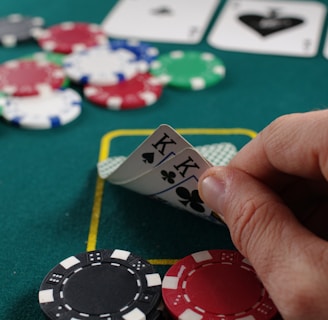AI Beats Pro Players of 6-Player Hold’em Poker
Reposting an old post. AI masters poker, defeating pros. Pluribus, trained by Carnegie Mellon and Facebook, wins against humans. Will it change online poker?
Rodrigo M. Ortiz de la Morena
10/3/20202 min read


In recent years we have heard that computer science is taking big steps using artificial intelligence to solve problems that were thought to be impossible to solve. One of the standards that is commonly used to try and understand the “intelligence” of a machine is to have it compete against humans.
One example many of us remember was when chess grand master Kasparov was defeated in 1997 by IBM’s computer Deep Blue in a highly publicized match. More recently, 2015, we have the case of Alpha Go, a system created by Google and that was able to beat top professional Go players. Go is a board game very popular in Asia which is considered much more difficult for computers to win than other games such as chess due to the bigger number of possible outcomes that makes it prohibitively difficult to solve using traditional Artificial Intelligence (AI) methods.
What makes Hold’em Poker so hard for computers is that it is a game of imperfect information, meaning you don’t know your opponent’s cards in order to take the right decision and therefore is necessary to guess. More importantly in this case there isn’t only just one adversary, but five!
Pluribus, the name of this AI, was developed by scientist at Carnegie Mellon University in collaboration with Facebook. It was trained by making it play against itself, and it only needed the equivalent of 150$ of cloud computing resources to achieve this level and it only took 20 hours to train it to superhuman levels.
When playing, Pluribus runs on two CPUs and uses less that 128 GB of memory while AlphaGo needed 1,920 CPUs and 280 GPUs for real-time play in 2016. The AI plays twice as fast as human pros, requiring on average 20 seconds per hand.
The experiments where 5 pros and AI played in the same game ran for 12 days and 10,000 hands of poker were played. As a results Pluribus won on average 1,000$ per hour, if each chip was worth one dollar. This is higher than the rate at which the pros win when playing against a mix of pros and amateurs.
So, what do you think? How would this affect the online Poker players? Do you think there is a way to detect this AI player? Is Skynet about to take over the world? Food for thought.
If you want to see a quick review about this research you can check this video by Two Minute Papers, a youtuber that works as a researcher in computational science and that reviews papers related to this topic on a weekly basis. The video explains more clearly how the AI works.
Facebook also published a post on its blog explaining it more deeply. There you can check the list of professional players and some of their opinions about Pluribus.
And if you are all-in with this kind of research and feel like that wasn’t enough, you can read the full paper published in the prestigious scientific magazine Science here.
Originally published in September 2019 in my Linkedin.


